Mugwort, Western (Artemisia ludoviciana), packet of 100 seeds, Organic
$3.95
Family: Wormwood (Artemisia)
Hardy to Zones 4 to 9
(White Sagebrush, White Sage) Patch-forming herbaceous perennial native to western and central US and Canada. Variable, but commonly grows to 3 feet tall. The softly silvery-white and aromatic leaves give rise to dangling flowers of yellow. Plant prefers full sun to part shade and will thrive in dry, depleted soils. The plant may be cut back in the fall to create a gentle mound come spring. Traditional usage (Native American, TWM): ritual smudge, eczema, spider bite, stomachache, menstrual woes. Plant prefers full sun to part shade and may thrive in dry, depleted soils. Sow in spring. Sprinkle seed on surface, tamp securely and keep moist until germ. Our trials show germination in 7 days at 65 degrees F. Germinated seed develops quickly from green specks to respectable seedlings. Space plants 2 feet apart.
Packet of 100 seeds, Certified Organically Grown
In stock

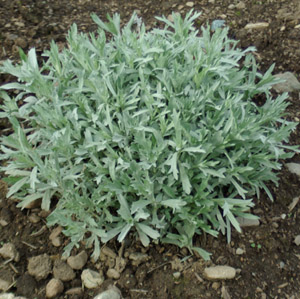
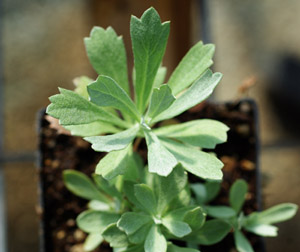
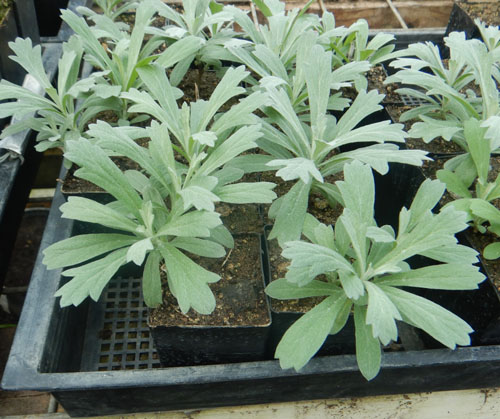
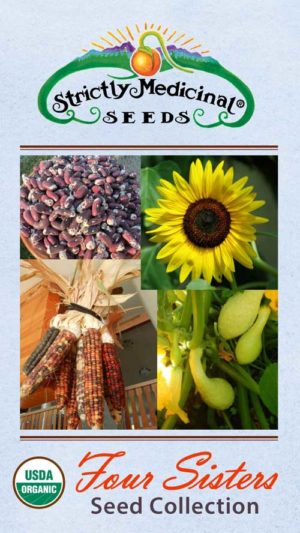
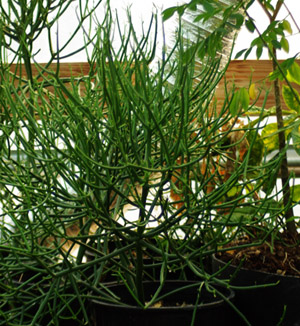
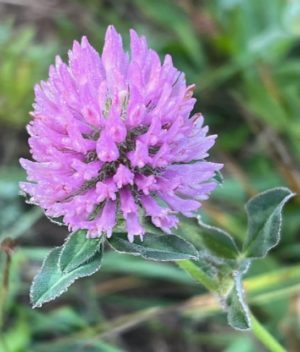
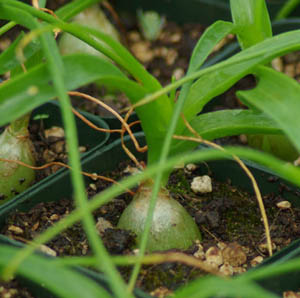
Question
Jeri Jaynes –
Does western mugwort have the same benefits and uses as regular mugwort?
Upvote if this was helpful (0) Downvote if this was not helpful (0) Watch Unwatch Flag for removal
Richo Cech –
hi jeri, for all practical purposes, yes. What you’re calling regular mugwort is European in origin and is vaguely aromatic. The western mugwort is american and highly aromatic. richo
Upvote if this was helpful (0) Downvote if this was not helpful (0) Flag for removal
Question
CherryPi007 –
Where is the original seed source from, regionally speaking (no need for GPS coordinates lol)? I’m sure you have your farm stock, but when you originally obtained your seed/starters, whereabouts did you collect it?
Upvote if this was helpful (0) Downvote if this was not helpful (0) Watch Unwatch Flag for removal
Richo Cech –
Hello there! I think this is a good question because Artemisia ludoviciana is extremely variable across its extremely wide distribution. We got our original stock up cedar flat road in williams, oregon. richo
Upvote if this was helpful (1) Downvote if this was not helpful (0) Flag for removal
PA –
is this what is also known as Estafiate?
Upvote if this was helpful (0) Downvote if this was not helpful (0) Flag for removal
Richo Cech –
Hi, The Spanish word Estafiate may apply to a number of different mugworts, maybe best used to describe Artemisia mexicana. But it gwets used for A. vulgaris and this one, the widespread western herb A. ludoviciana as well. I think calling them one name has some validity since they are similar in their appearance and medicinal activity. r
Upvote if this was helpful (0) Downvote if this was not helpful (0) Flag for removal
Kim –
Do you know if this is deer resistant?
Upvote if this was helpful (0) Downvote if this was not helpful (0) Flag for removal
Richo Cech –
yes, deer don’t eat it
Upvote if this was helpful (0) Downvote if this was not helpful (0) Flag for removal
Question
Paul lockyer –
Hi,
Are you able to tell me which subspecies of A luduoviciana you are selling seeds of.
I bought seeds of this from you years ago and have been growing it since.
best wishes
Paul.
Upvote if this was helpful (0) Downvote if this was not helpful (0) Watch Unwatch Flag for removal
Admin Richo Cech –
Hello Paul,
The plant is highly variable even within ssp designations. It most closely resembles the archetype for Artemisia ludoviciana ssp. ludoviciana.
Richo
Upvote if this was helpful (0) Downvote if this was not helpful (0) Flag for removal